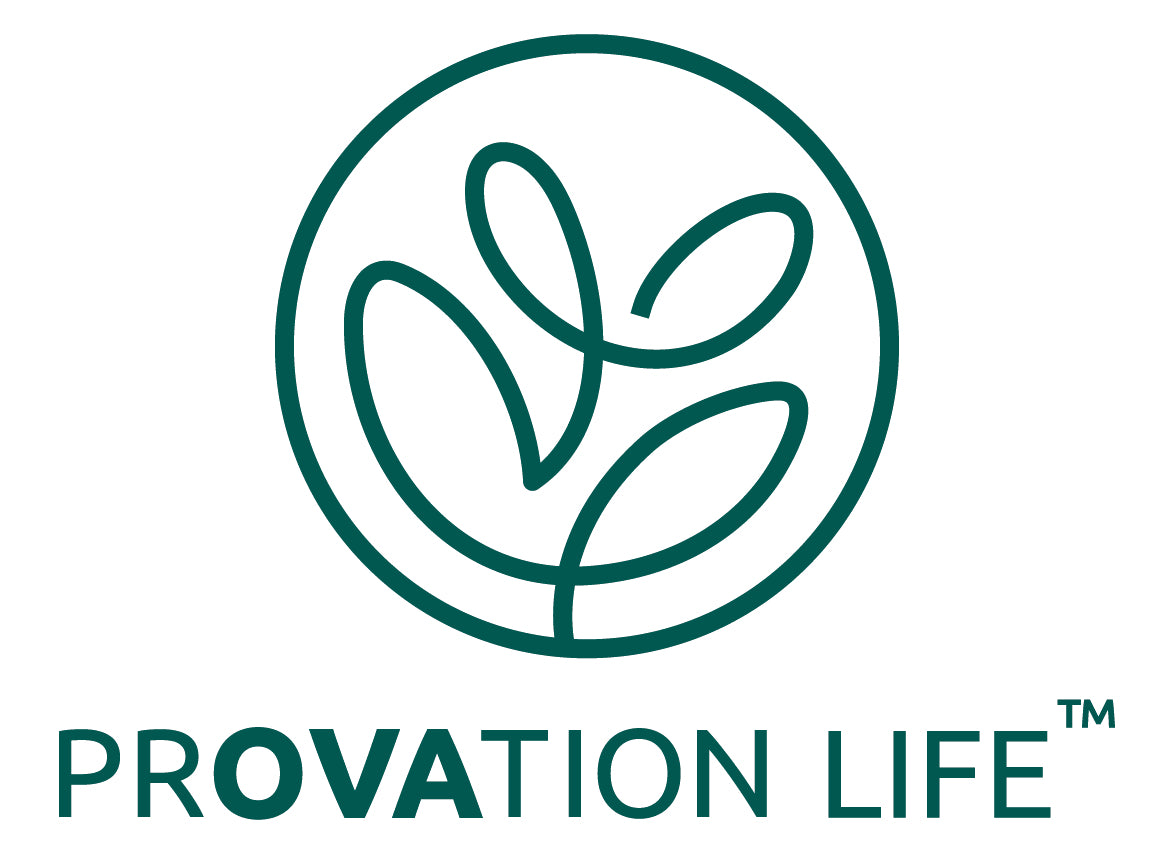Inositol for PCOS: Benefits, Dosage, Types and Drug Interactions
by Herman Weiss on May 09, 2023
Inositol is a natural sugar that has been shown to be beneficial for women with Polycystic Ovary Syndrome (PCOS) in many ways:
-
Improving insulin resistance: Women with PCOS often have insulin resistance, which can lead to weight gain and hormonal imbalances. Inositol has been shown to improve insulin sensitivity and glucose metabolism in women with PCOS.
-
Regulating menstrual cycle: Inositol has been shown to regulate menstrual cycles in women with PCOS, helping to improve fertility and reducing the risk of ovarian hyperstimulation syndrome (OHSS) associated with fertility treatments.
-
Reducing androgen levels: Women with PCOS often have elevated levels of androgens, which can lead to hirsutism (excessive hair growth) and acne. Inositol has been shown to reduce androgen levels and improve symptoms of hirsutism and acne.
-
Improving ovarian function: Inositol has been shown to improve ovarian function in women with PCOS, leading to more regular ovulation and improved fertility.
-
Reducing inflammation: Inositol has been shown to reduce inflammation in women with PCOS, which may help to improve symptoms such as acne and hair loss.
Types of Inositol
While there are actually 9 forms on Inositol, the most studied myo-inositol (MI) and D-chiro-inositol (DCI), particularly as it pertains to PCOS. Both inositols are naturally occurring substances that can be found in certain foods.
Research has suggested that supplementation with MI and DCI can help to regulate hormonal and metabolic imbalances in women with PCOS. However, the two inositols have slightly different mechanisms of action.
MI is a precursor to the formation of DCI in the body. It is thought to improve insulin sensitivity and reduce androgen levels in the body, which can help to regulate menstrual cycles and improve fertility.
DCI, on the other hand, is believed to directly affect the activity of insulin in the body, which can also help to improve insulin sensitivity and reduce androgen levels. It has also been shown to improve ovarian function and promote the growth of healthy follicles.
While both MI and DCI have been shown to be effective in treating PCOS, research suggests that a combination of the two may be the most beneficial. In fact, many supplements marketed for PCOS contain a combination of MI and DCI in a specific ratio.
Inositol Dosage
According to studies, the recommended daily dosage of inositol for PCOS ranges from 2,000 mg to 4,000 mg per day. However, the optimal dosage may vary depending on your individual needs and health status. It is always best to consult with a healthcare provider before starting any new supplement regimen.
Inositol Drug Interactions
Inositol is generally considered safe and well-tolerated, but it may interact with certain medications. Here are some examples:
-
Lithium: Inositol may reduce the effectiveness of lithium, a medication used to treat bipolar disorder. Inositol may increase the excretion of lithium from the body, which can lead to a decrease in its blood levels and reduce its effectiveness.
-
Selective Serotonin Reuptake Inhibitors (SSRIs): Inositol may interact with SSRIs, a class of medications commonly used to treat depression and anxiety disorders. Inositol may enhance the activity of SSRIs, which can increase the risk of serotonin syndrome, a potentially life-threatening condition characterized by high levels of serotonin in the body.
-
Monoamine oxidase inhibitors (MAOIs): Inositol may interact with MAOIs, a class of medications used to treat depression and other psychiatric conditions. Inositol may increase the risk of serotonin syndrome when taken with MAOIs.
-
Warfarin: Inositol may increase the risk of bleeding when taken with warfarin, a medication used to prevent blood clots. Inositol may enhance the anticoagulant effects of warfarin, which can increase the risk of bleeding.
-
Anticonvulsants: Inositol may interact with anticonvulsant medications, which are used to treat seizures and other neurological conditions. Inositol may enhance the activity of these medications, which can increase the risk of side effects.
If you are taking any medications, it is important to talk to your healthcare provider before taking inositol to ensure that there are no potential interactions or adverse effects.
Related resources:












